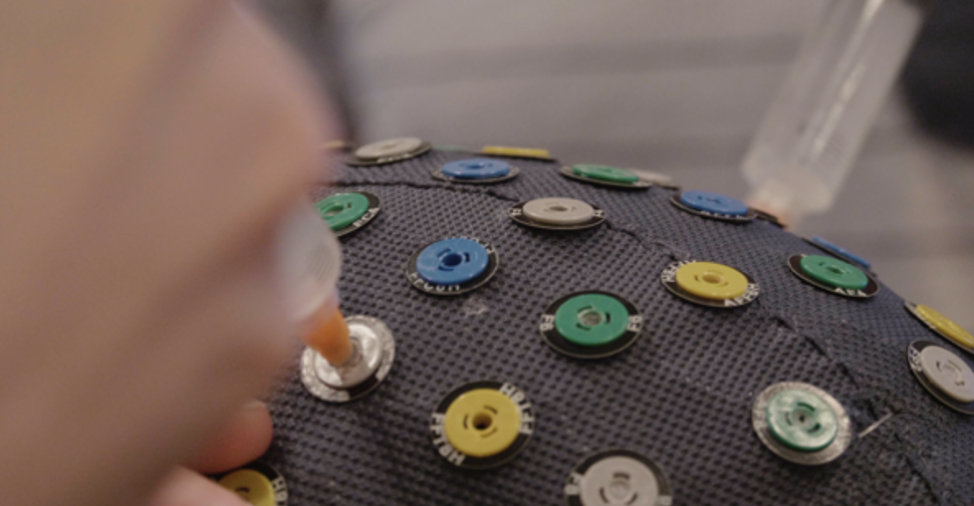Advancing equitable access to acute care, acronym ‘ACCESS’
Demographic shifts in patient populations are expected to drive a significant increase in healthcare demand in the coming decades, while the capacity to deliver care will remain stable at best and likely decline. At the same time, aging populations and more complex health conditions will further increase the complexity of care, leading to more referrals from primary care. This puts pressure on acute care, which forms a crucial first link in the healthcare chain.
In the Netherlands, over one million people are transported to hospitals annually with acute health issues. More than 60% involve cardiological, neurological, or trauma-related conditions. However, 30–50% of these patients are initially taken to the wrong hospital, highlighting the need for improved prehospital triage and logistics. Additionally, about 30% of ambulance emergencies do not result in patient transport, underscoring the importance of matching patients with the right provider and care level (primary, secondary, or tertiary).
Achieving synergy between acute care delivery, triage, and logistical coordination at the network level is essential, yet not standard practice today. Without intervention, rising demand and limited capacity will further strain inefficient processes. The ACCESS initiative aims to address this gap, ensuring long-term accessibility of Dutch healthcare through a unique national and international consortium.
This PPP is also supported on strategic level by TKI Dinalog.

